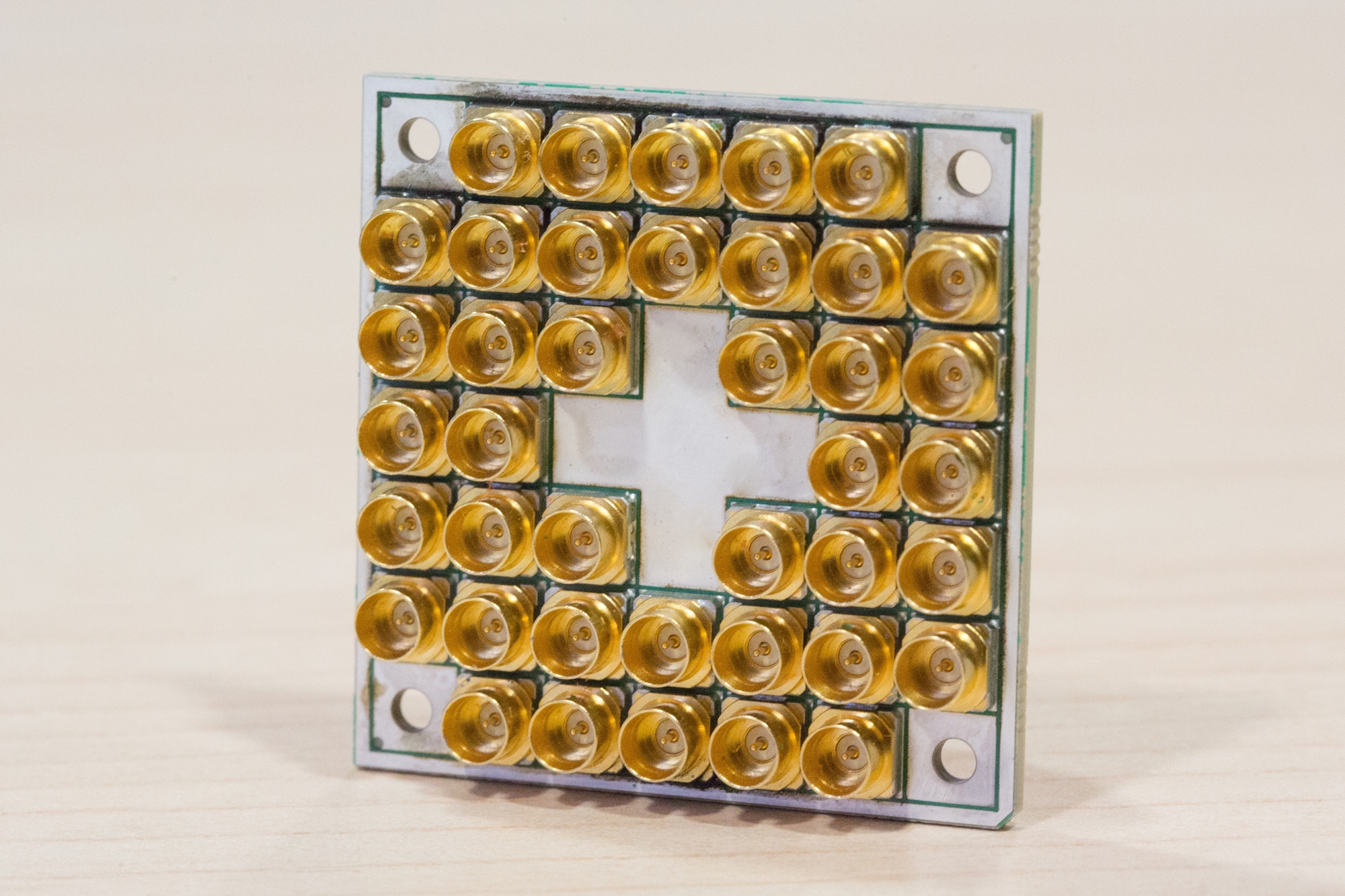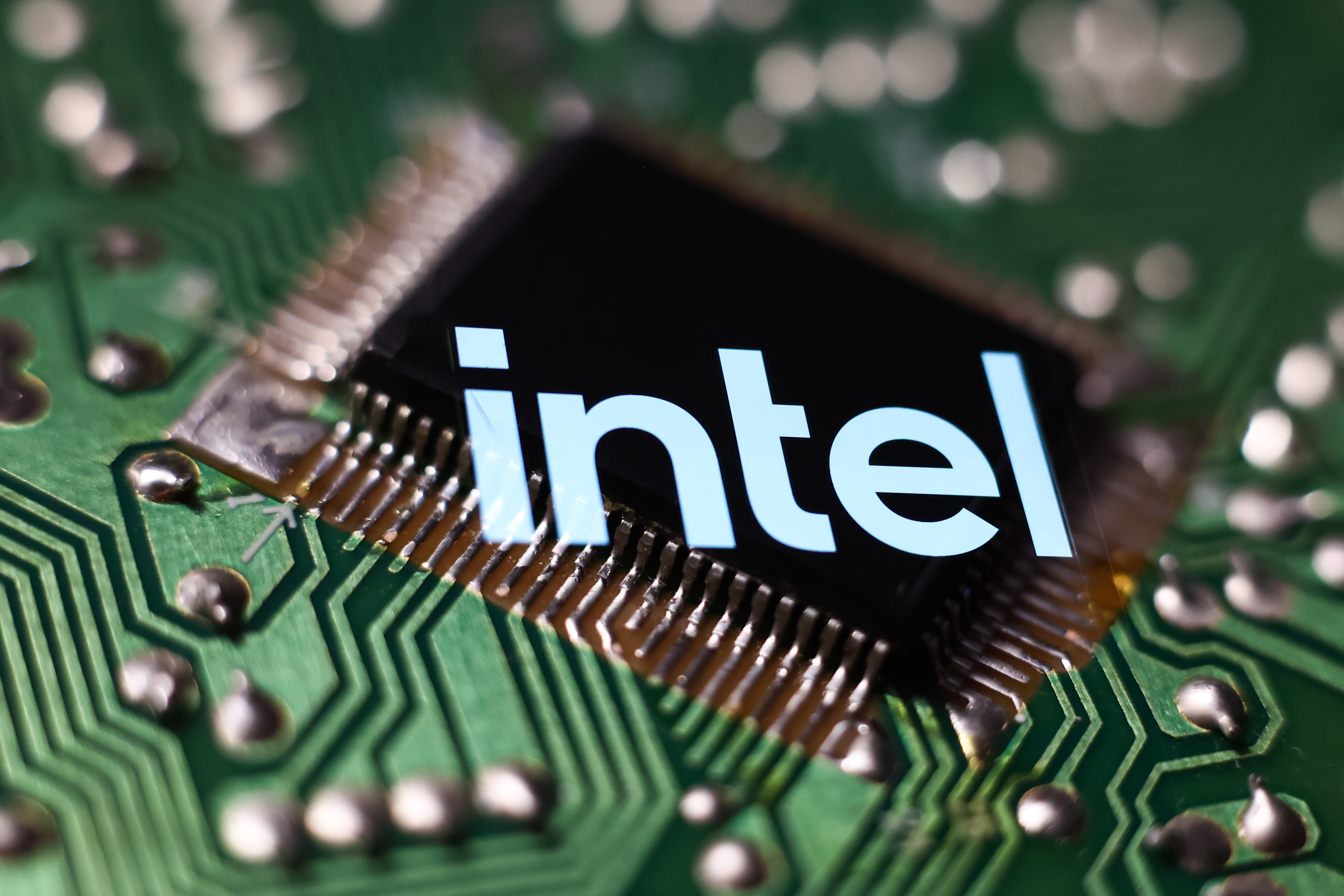17-qubit chip could shape next stage of quantum computing development
Dutch researchers to test out superconducting processor


Intel has started shipping a 17-qubit quantum computing processor to Dutch scientists using a unique design it said would improve yield and performance.
The chips were sent to QuTech, Intel's quantum research partner in the Netherlands. Intel said that the qubits inside the chip are "tremendously fragile".
Intel said that any noise or unintended observation of them can cause data loss. This fragility requires them to operate at about 20 millikelvin 250 times colder than deep space. It added this extreme operating environment makes the packaging of qubits key to their performance and function.
Intel said its Components Research Group (CR) in Oregon and Assembly Test and Technology Development (ATTD) teams in Arizona are "pushing the limits of chip design and packaging technology to address quantum computing's unique challenges".
The new chip is about the size of a half-dollar coin and boasts a new architecture allowing improved reliability, thermal performance and reduced radio frequency (RF) interference between qubits and a scalable interconnect scheme that allows for 10 to 100 times more signals into and out of the chip as compared to wirebonded chips.
As well as this, Intel said it used advanced processes, materials and designs that enable Intel's packaging to scale for quantum integrated circuits, which are much larger than conventional silicon chips.
"Our quantum research has progressed to the point where our partner QuTech is simulating quantum algorithm workloads, and Intel is fabricating new qubit test chips on a regular basis in our leading-edge manufacturing facilities," said Dr Michael Mayberry, corporate vice president and managing director of Intel Labs.
Get the ITPro daily newsletter
Sign up today and you will receive a free copy of our Future Focus 2025 report - the leading guidance on AI, cybersecurity and other IT challenges as per 700+ senior executives
"Intel's expertise in fabrication, control electronics and architecture sets us apart and will serve us well as we venture into new computing paradigms, from neuromorphic to quantum computing."
Professor Leo DiCarlo of QuTech said the new test chip would allow his team to focus on connecting, controlling and measuring multiple, entangled qubits towards an error correction scheme and a logical qubit.
"This work will allow us to uncover new insights in quantum computing that will shape the next stage of development."
In addition to developing and testing superconducting qubit devices, Intel and QuTech will also collaborate on the entire quantum system or "stack" from qubit devices to the hardware and software architecture required to control these devices as well as quantum applications.
Rene Millman is a freelance writer and broadcaster who covers cybersecurity, AI, IoT, and the cloud. He also works as a contributing analyst at GigaOm and has previously worked as an analyst for Gartner covering the infrastructure market. He has made numerous television appearances to give his views and expertise on technology trends and companies that affect and shape our lives. You can follow Rene Millman on Twitter.
-
 Should AI PCs be part of your next hardware refresh?
Should AI PCs be part of your next hardware refresh?AI PCs are fast becoming a business staple and a surefire way to future-proof your business
By Bobby Hellard
-
 Westcon-Comstor and Vectra AI launch brace of new channel initiatives
Westcon-Comstor and Vectra AI launch brace of new channel initiativesNews Westcon-Comstor and Vectra AI have announced the launch of two new channel growth initiatives focused on the managed security service provider (MSSP) space and AWS Marketplace.
By Daniel Todd
-
 Gaining timely insights with AI inferencing at the edge
Gaining timely insights with AI inferencing at the edgeWhitepaper Business differentiation in an AI-everywhere era
By ITPro
-
 Scaling AI from pilot to production: Maximize AI impact with HPE & Intel
Scaling AI from pilot to production: Maximize AI impact with HPE & IntelWhitepaper Transform AI proof-of-concepts into full-scale implementations
By ITPro
-
 UK supercomputer boom as HPE and Dell receive funding for new AI cluster
UK supercomputer boom as HPE and Dell receive funding for new AI clusterNews The UK’s AI computing capabilities will increase by an order of magnitude in 2024
By Rory Bathgate
-
 AI gold rush continues as Hugging Face snags $235 million from IBM
AI gold rush continues as Hugging Face snags $235 million from IBMNews The investment round, which brings the company's valuation to $4.5 billion, also includes Amazon, Google, Intel, and Salesforce
By Richard Speed
-
 Why is ASUS reviving Intel’s NUC mini-PC line?
Why is ASUS reviving Intel’s NUC mini-PC line?News The diminutive PC is to rise again while analysts look for the business case
By Richard Speed
-
 Intel targets AI hardware dominance by 2025
Intel targets AI hardware dominance by 2025News The chip giant's diverse range of CPUs, GPUs, and AI accelerators complement its commitment to an open AI ecosystem
By Rory Bathgate
-
 Why aren’t factories as smart as they could be?
Why aren’t factories as smart as they could be?Whitepaper How edge computing accelerates the journey to a remarkable factory
By ITPro
-
 Who needs Intel vPro®, An Intel® Evo™ Design, anyway?
Who needs Intel vPro®, An Intel® Evo™ Design, anyway?Sponsored With flexible work on the up, the demand for high performance on-the-go business laptops has never been greater
By ITPro